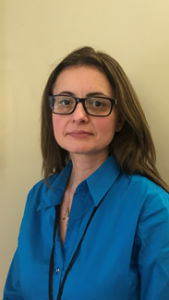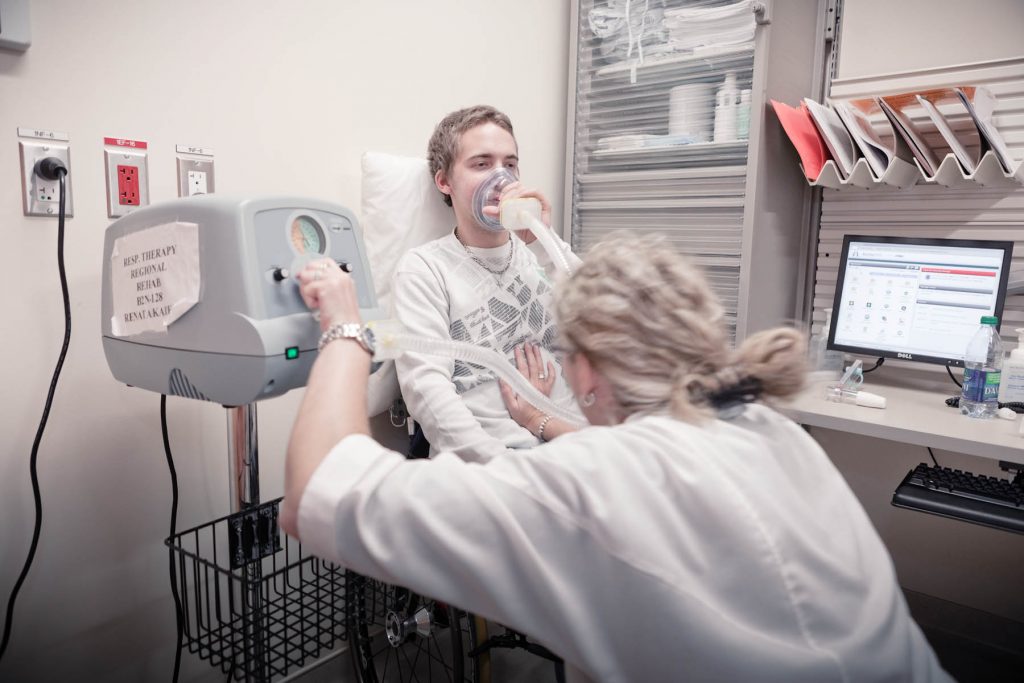Learning from Experience: Ensuring Canadians with SCI Receive Equitable Care Through Accreditation
Focusing on the patient and family experience key to Hamilton’s Regional Rehabilitation Centre’s successful re-accreditation
The SCI Accreditation Standards are a comprehensive set of evidence-based guidelines that enable health care providers to provide consistent and optimized care for anyone entering an acute or rehabilitation hospital after sustaining a spinal cord injury. The Standards were originally developed in 2012 in partnership with Accreditation Canada and Praxis Spinal Cord Institute. Over the years, Praxis has worked with its network of Rick Hansen SCI Registry-affiliated hospitals to support these hospitals in obtaining accreditation status. Hamilton Health Sciences Regional Rehabilitation Centre (RRC) is one such facility who recently re-accredited to maintain their status in June 2019, passing with “Exemplary Standing”.
We spoke to Mirela Anton, RN, one of the leads on the accreditation team at RRC to learn more about what the team did differently this time around.
How long have you worked at Hamilton Health Sciences Regional Rehabilitation Centre (RRC)?
I’ve been working in the rehabilitation team for almost 12 years, but have a total of 22 years in the organization! I am a nurse clinician, currently work across many different areas of our rehabilitation facility including the SCI and Amputee Rehabilitation programs – I certainly wear many different hats!
What was your role during your facility’s accreditation process?
I was part of the leadership team but also worked as a front-line member of staff. We established a leadership team with representatives from the different rehabilitation programs. We also had representation at a corporate level.


